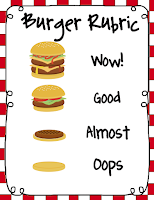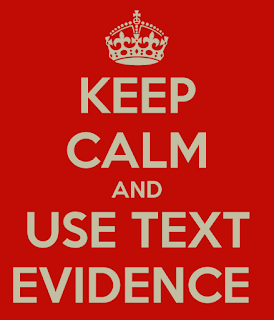Hot Topic!
A favorite for 2015 from the ASCD, the Formative Classroom Walkthroughs: How Principals and Teachers Collaborate to Raise Student Achievement book was the source of a day long workshop from the Delaware Literacy Institute. Here's the gist.
A favorite for 2015 from the ASCD, the Formative Classroom Walkthroughs: How Principals and Teachers Collaborate to Raise Student Achievement book was the source of a day long workshop from the Delaware Literacy Institute. Here's the gist.
About This Book
Revolutionize the walkthrough to focus on the endgame of teaching: student learning.
Authors Connie M. Moss and Susan M. Brookhart present the proven practice of formative walkthroughs that ask and answer questions that are specific to what the student is learning and doing.
Learn the value of having the observer examine the lesson from the student’s point of view and seek evidence of seven key learning components:
- a worthwhile lesson
- a learning target
- a performance of understanding
- look-fors, or success criteria
- formative feedback
- student self-assessment
- effective questioning
Drawing upon their research and extensive work with K–12 teachers and administrators, Moss and Brookhart delve into the learning target theory of action that debuted in Learning Targets: Helping Students Aim for Understanding in Today's Lesson and show you how to develop a schoolwide collaborative culture that enhances the learning of teachers, administrators, coaches, and students.
They present detailed examples of how formative walkthroughs work across grade levels and subject areas, and provide useful templates that administrators and coaches can use to get started—now.
Grounded in the beliefs that schools improve when educators improve and that the best evidence of improvement comes from what we see students doing to learn in every lesson, every day,Formative Classroom Walkthroughs offers a path to improvement that makes sense—and makes a difference.













